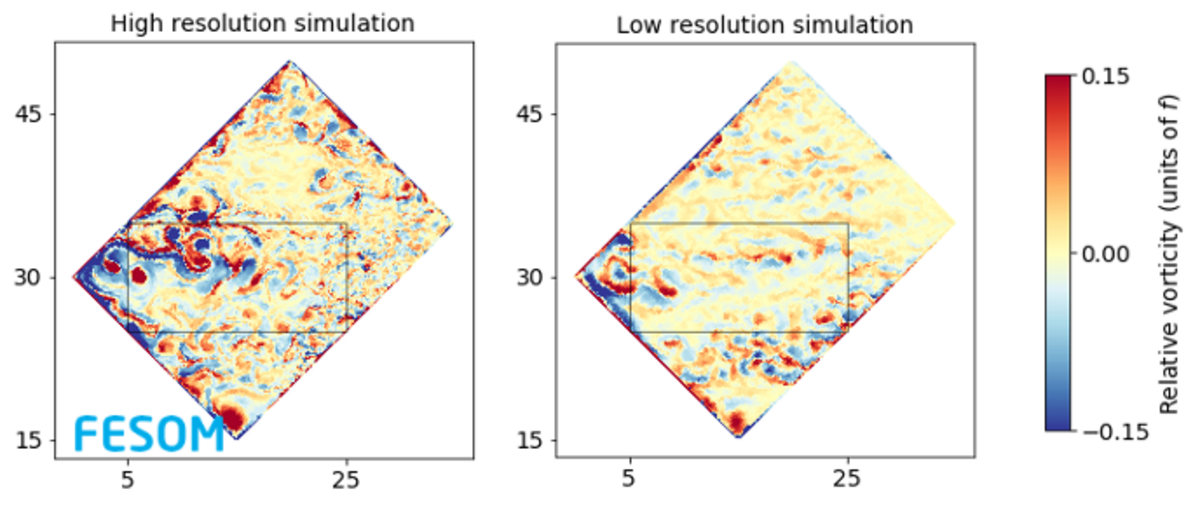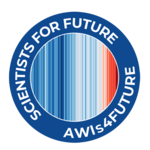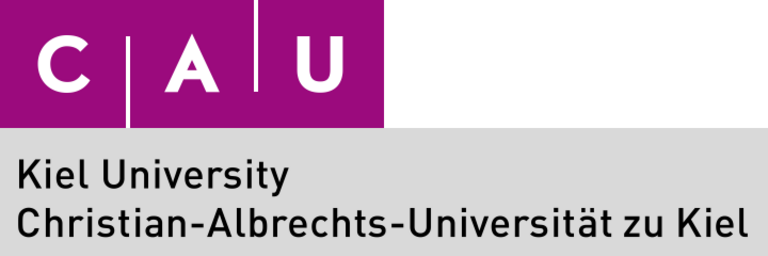Prof. Dr. Stephan Juricke
Ocean Circulation and Climate Dynamics
Ocean Dynamics
OFFICE
Room No.: 3.311, Building 5 (ENB)
Phone: +49 431 600 4003
E-mail: sjuricke(at)geomar.de
ADDRESS
GEOMAR Helmholtz Centre for Ocean Research
Wischhofstr. 1 - 3
24148 Kiel
Germany
LINKS
ORCID – ResearchGate – Google Scholar
Objective
Theoretical oceanography with a focus on numerical ocean and climate modelling, data science applications and the role of scale interactions in the ocean and climate system.
Scientific foci include
i) the circulation in the Atlantic, Pacific, and the Antarctic Circumpolar Current,
ii) the global relevance of oceanic eddies, turbulence, and upwelling,
iii) the interaction of different physical processes and their role in ocean mixing,
iv) scale interactions between ocean and atmosphere,
and v) the general role of the oceans in the climate system.
Model development and data science are essential methods to better understand the relevance and role of these physical processes. Related foci are parameterization and numerical core development, high resolution data analysis, and the role and incorporation of model uncertainties.
Current research interests and projects
DFG TRR181 “Energy Transfers in Atmosphere and Ocean”
July 2016 – June 2028
We are developing novel sub grid-scale parameterizations for the representation of mesoscale eddies in global ocean models. Idealized configurations are used to better understand the energy cycle in the ocean and to consequently aid our parameterization development. The work also includes the designs of new diagnostics to analyse scale interactions in the ocean. The overall goal is the improved representation of ocean dynamics and variability as well as water mass properties and an overall better simulated global climate. While approaches are transferable, the focus is on the ocean model FESOM2.
We use novel diagnostic methods to analyze the scale distribution of the atmosphere-ocean fluxes in high resolution climate models. This will shed light on the scales at which the ocean is driving the atmosphere and vice versa. It will also help us to develop new stochastic atmosphere-ocean coupling parameterizations. The focus is on global climate models AWI-CM3 and ICON.
BMBF WarmWorld project “Enabling Lagrangian Particle Tracking for High-resolution and unstructurEd meshes (ELPHE)”
June 2024 – May 2027
The project is part of BMBF funding initiative WarmWorld and aims to extend the usability of a widely applied Lagrangian particle tracking toolbox, Parcels, to ocean models with hexagonal and triangular grids such as ICON and FESOM2. It will intercompare three models, ICON, FESOM2 and NEMO, regarding their simulated particle paths in the Atlantic, employing a range of resolutions that enable various oceanic processes to be either parameterized or resolved. This will enable us to investigate which role these processes play in the distribution of water masses across the Atlantic.
MarDATA Helmholtz School for Marine Data Science project “Data based Probabilistic Parameter Estimation for Ocean and Earth System Models”
June 2022 – May 2025
The project develops an improved parameterization for mesoscale eddies at coarser resolution at which these processes cannot be explicitly resolved. It applies machine learning approaches, namely neural networks, to achieve this goal. It also aims to incorporate parameterization uncertainty by employing probabilistic methods.

Idealized double gyre setting for parameterization development at different resolutions. Shown is surface relative vorticity at (left) 10km and 20km (right) resolution, illustrating the change in mean current and variability in this configuration with constant wind and air temperature forcing, representative for the North Atlantic.
Publications
Scientific (selection)
- Juricke, S., S. Danilov, N. Koldunov, M. Oliver, W. Cabos, D. Sidorenko, and Q. Wang, 2020: A Kinematic Kinetic Energy Backscatter Parametrization: From implementation to global ocean simulations, Journal of Advances in Modeling Earth Systems, 12(12), https://doi.org/10.1029/2020ms002175
- Juricke, S., S. Danilov, N. Koldunov, M. Oliver, D. Sidorenko, 2020: Ocean Kinetic Energy Backscatter Parametrization on Unstructured Grids: Impact on Global Eddy‐Permitting simulations, Journal of Advances in Modeling Earth Systems, 12(1), https://doi.org/10.1029/2019ms001855
- Rackow, T., and S. Juricke, 2019: Flow‐dependent stochastic coupling for climate models with high ocean‐to‐atmosphere resolution ratio, Quarterly Journal of the Royal Meteorological Society, 146(726), 284–300. https://doi.org/10.1002/qj.3674
- Juricke, S., D. MacLeod, A. Weisheimer, L. Zanna, and T. Palmer, 2018: Seasonal to annual ocean forecasting skill and the role of model and observational uncertainty, Quarterly Journal of the Royal Meteorological Society, 144(715), 1947–1964, https://doi.org/10.1002/qj.3394
- Juricke, S., P. Lemke, R. Timmermann, and T. Rackow, 2013: Effects of stochastic ice strength perturbation on Arctic finite element sea ice modeling, Journal of Climate, 26(11), 3785–3802, https://doi.org/10.1175/jcli-d-12-00388.1
Non-scientific (selection)
- Juricke, S., illustrated by T. Rackow, 2021: Endangered. But still there is hope. In Once upon a time... a scientific fairy tale, volume II, in English or German
- Armin, I., and S. Juricke, 2020: Wie ein Klimamodell entsteht. Spektrum der Wissenschaft, 11/2020, in German [Spektrum]
- Juricke, S., and B. Suckow, 2020: Die Klimakatastrophe ist kein Parkticket. Makronom, October 2020, in German [Makronom, freely available at Exploring Economics]
More publications can be accessed via OceanRep. The scientific resume will be linked at a later date.
Teaching
Public outreach and "art & science"


(selection)
- Co-organizer “Wissenschaft fürs Wohnzimmer”, science presentations from over 100 scientists [YouTube-link to one of Stephan's presentations (German)]
- Core Team AWIs4Future [Official webpage, Twitter (X)]
- Storyboard development and scriptwriting for outreach short films in collaboration with the company explainity [YouTube]
- Storyboard development and script writing for the outreach website "Scrollytelling" in collaboration with studio ahoi [Official webpage]
- Storyboard support and interview for Pen&Paper "Climate Futures - Port of no Return?" [YouTube]


![[Translate to English:] Foto von Prof. Dr. Juricke](/fileadmin/_processed_/7/0/csm_Foto_Juricke_8fe66abe60.jpg)





